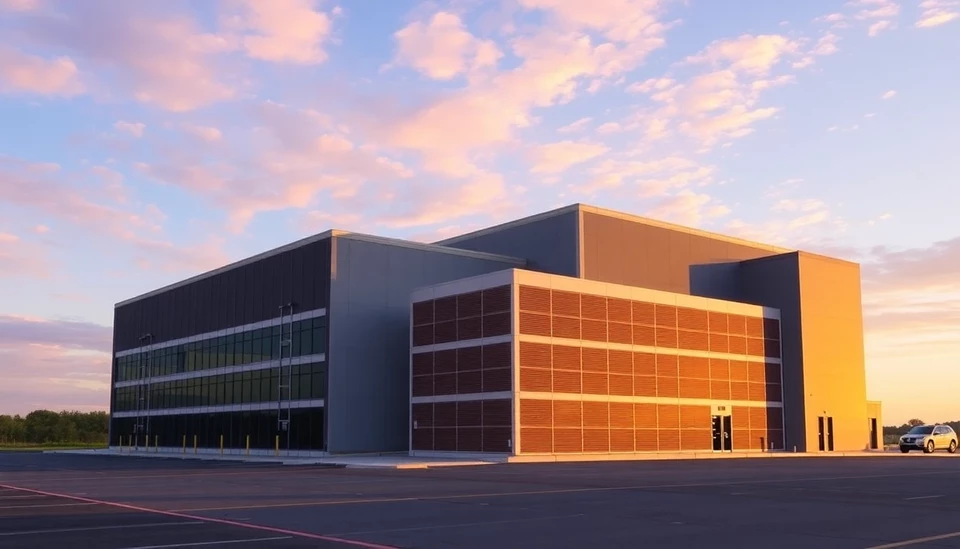
In an era where artificial intelligence (AI) is reshaping industries, the QTS Data Center located in Georgia is grappling with significant power supply issues. Backed by Blackstone, one of the largest investment firms globally, this data center is at the forefront of a transformative revolution in data management and processing. However, as demand for AI capabilities surges, the facility is facing resistance as it struggles to secure the necessary energy to fuel its operations.
The escalating need for power directly ties to the explosive growth of AI applications, which have risen exponentially in recent years. Companies, big and small, are largely dependent on data centers for the computational power needed to process vast amounts of information. The Georgia-based QTS facility is no exception, actively seeking to expand its capabilities to meet the burgeoning demand from various sectors leveraging AI advancements.
Despite its prominent backing by Blackstone, which has made notable investments in technology and infrastructure, securing sufficient energy supply has proven to be a formidable challenge. Insider sources reveal that the facility's current infrastructure is saturated, leading to concerns about its ability to handle future AI workloads without significant upgrades or expansions to its power sources.
Local energy providers are reportedly cautious about easing restrictions on additional energy supply, primarily due to the potential strain on the existing grid. Officials express concerns regarding sustainability and long-term energy management, signaling a broader clash between rapid technological advancement and the realities of energy availability.
As data centers continue to evolve into critical components of the modern economy, public and private entities are being urged to collaborate to ensure a sustainable approach to energy distribution. The dilemma faced by QTS not only highlights the operational challenges of data centers but also raises crucial questions about energy policy, infrastructure capacity, and the overall readiness of regions to accommodate rapid technological growth in the age of AI.
The situation serves as a case study for similar facilities that may face identical challenges in the near future, especially those looking to support cutting-edge technologies. While the aspirations of QTS to support AI-driven innovations remain robust, it acts as a reminder of the complexities interwoven in the sustainability narrative; balancing energy demands with ecological responsibilities must be a priority moving forward.
#QTSDataCenter #Blackstone #AI #EnergyDemand #DataCenters #InfrastructureChallenge #GeorgiaTech #Sustainability #PowerSupply
Author: Sophie Bennett




